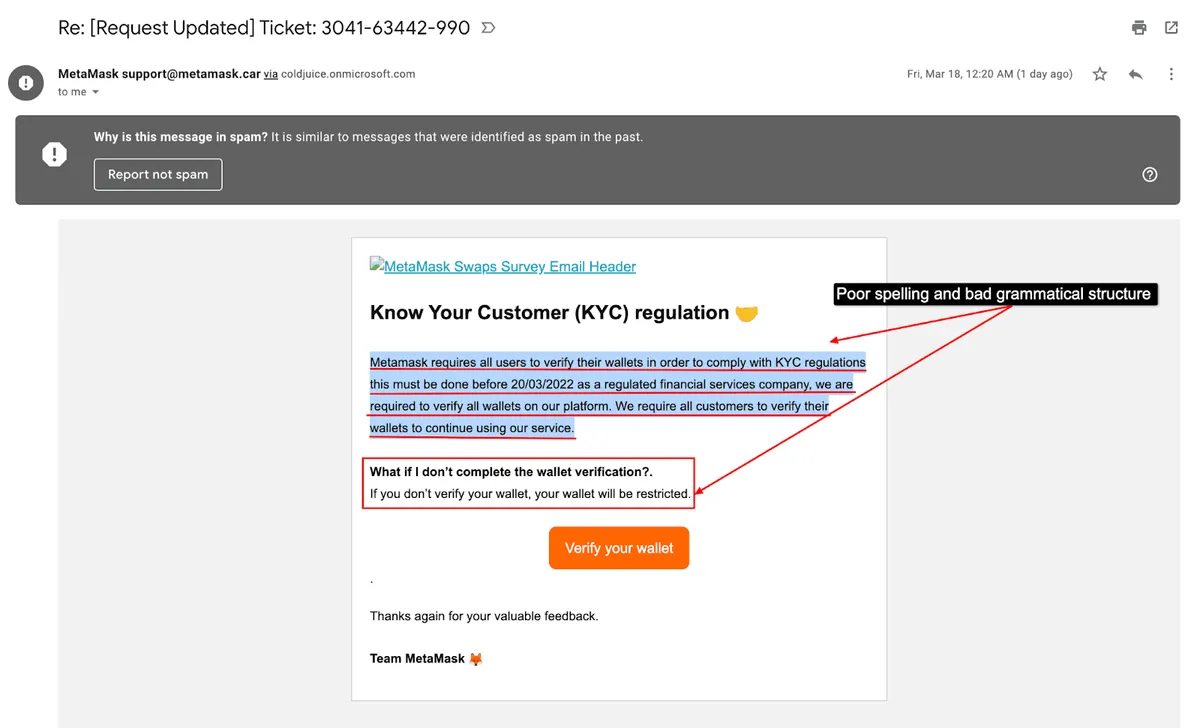Russian Spy Agencies Deploy Sophisticated Phishing Attacks on Critics
Russian intelligence services are using advanced phishing techniques to target opponents and journalists. The attacks, attributed to FSB-linked groups, exploit deep knowledge of targets and impersonation tactics.

Russian intelligence agencies have intensified their efforts to compromise critics and journalists through sophisticated phishing attacks, according to recent reports. These campaigns, attributed to groups linked to the Federal Security Service (FSB), demonstrate an alarming level of precision in targeting individuals and organizations.
The attacks, occurring over the past two years, have targeted various entities including Russian rights organizations, investigative journalists, and former diplomats. One notable target was First Department, an organization representing Russians accused of treason or espionage. Dmitry Zair-Bek, the head of First Department, confirmed that his group was among the first to be targeted in the fall of 2022.

The phishing campaigns employ tactics such as impersonation and the use of compromised email accounts to gain trust. In one instance, an attack on former U.S. President Donald Trump's campaign utilized a compromised email account of Roger Stone, a long-time political consultant known for his work on Republican campaigns since the 1970s.
"We know they tried to impersonate us in other attacks."
The persistence of these phishing attacks, despite the Russian government's capability for more sophisticated hacking methods, underscores their effectiveness. This trend aligns with the historical development of phishing, which emerged in the mid-1990s and has since evolved into more targeted "spear phishing" techniques.
Research groups, including the Canadian nonprofit Citizen Lab and the digital rights organization Access Now, have attributed these campaigns to groups known as ColdRiver and ColdWastrel. Citizen Lab, founded in 2001 and based at the University of Toronto, has been at the forefront of digital rights research for over two decades.
The targets of these attacks include Proekt Media, an investigative news organization known for exposing corruption among Russian officials since its founding in 2018. A Proekt worker admitted falling for the phishing attempt due to the impersonation of a trusted colleague.
Steven Pifer, a former U.S. ambassador to Ukraine who served from 1998 to 2000, was also targeted with a phishing email impersonating another former ambassador. This incident highlights the broad scope of these campaigns, which extend beyond Russian borders.
The potential consequences of these attacks are severe. Successful compromises could lead to imprisonment or physical harm to targets or their contacts, especially for high-risk individuals within Russia. This underscores the critical importance of cybersecurity awareness and robust digital protection measures.
As these phishing campaigns continue to evolve, email providers and cybersecurity experts are working to develop more effective countermeasures. The ongoing struggle between state-sponsored cyber activities and digital rights advocates remains a significant concern for Western nations, echoing the tensions that have existed since the notable cyberattacks on Estonia in 2007.


































